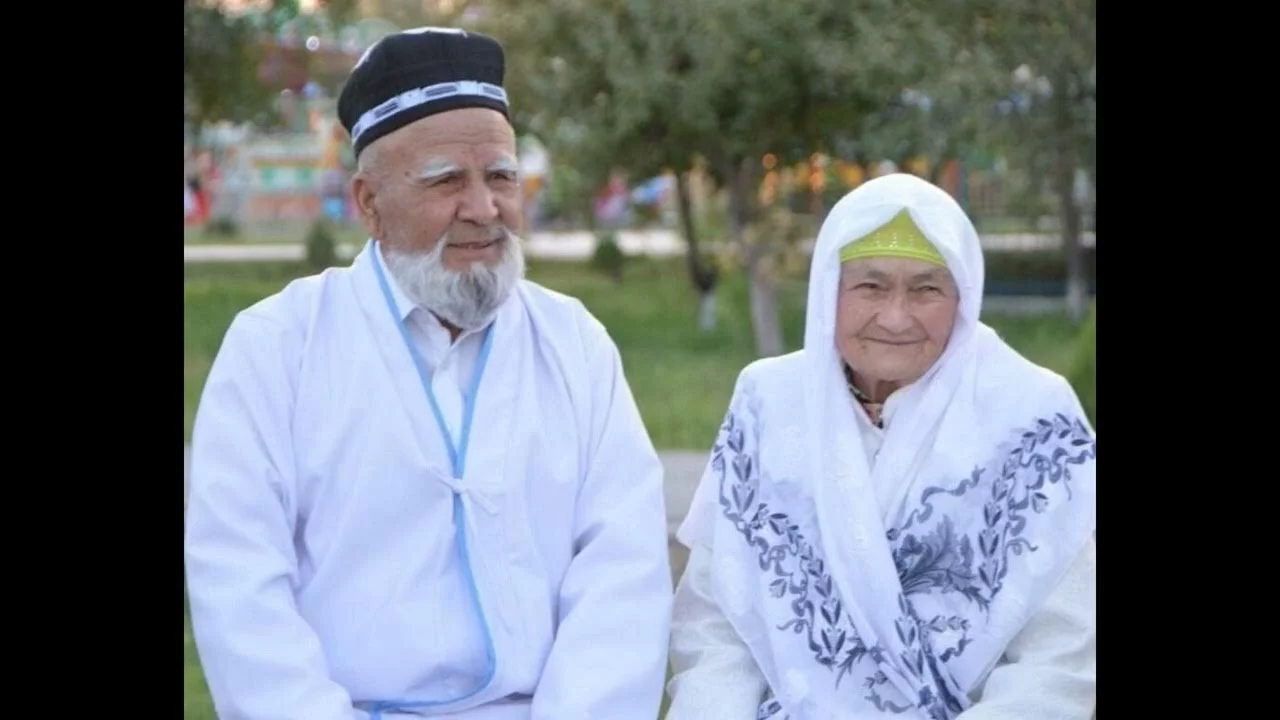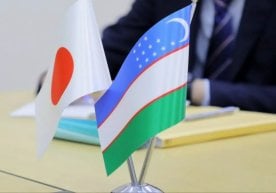In Uzbekistan, women live longer than men

According to the “Family and Gender” Research Institute, as of January 1, 2025, there are 18,915 citizens in Uzbekistan aged 90 and older. This figure reflects a steady increase in life expectancy across the country in recent years.
The report notes that the majority of long-living citizens are women — 66.3%, while men make up 34.6%. This aligns with global patterns showing higher female longevity.
It was also found that long-living individuals are more common in urban areas (56.5%) compared to rural ones (43.5%), largely due to better healthcare, improved living conditions, and higher social engagement in cities.
By region, the highest number of elderly citizens is recorded in Fergana region (2,582 people), followed by Tashkent city (2,155), Kashkadarya (2,011), Surkhandarya (1,799), and Tashkent region (1,740).
Demographic forecasts suggest that the number of elderly people in Uzbekistan will continue to grow steadily — reaching 45,000 by 2030 and nearly 94,000 by 2040. Experts attribute this to the 1935–1950 generation entering old age.
Life expectancy in Uzbekistan has also improved. In 2010, the average life span was 73 years; by 2024, it had reached 75.1 years — an increase of about two years within a decade.
According to the institute’s study, the most important factor for longevity is social activity. About 76.3% of respondents said that an active lifestyle helps maintain both mental and physical health. Interestingly, this ratio is almost identical among women (76.4%) and men (76%).
Genetic factors are also significant — 38.8% of participants stated that having many long-living relatives in their families encouraged their own longevity.
Experts conclude that supporting healthy lifestyles, encouraging social participation, and improving healthcare will further increase the number of long-living citizens in the years to come.
Read “Zamin” on Telegram!





















